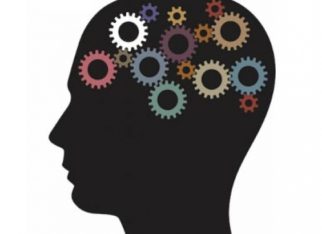In honor of June being known as Mental Health Awareness Month, this month’s blog post will focus on the topic of Post Traumatic Stress Disorder (PTSD). PTSD is a disorder that develops in some people who have experienced a shocking, scary or dangerous event. Oftentimes, when we think of PTSD we think of veterans because it is well known that they experience a number of traumatic events during their time in service. However, it is possible to develop PTSD after experiencing an unexpected loss of a loved one, witnessing a traumatic event, learning about a traumatic event, and/or experiencing childhood trauma. It is important to note that not every person who experiences a traumatic event develops PTSD. Although, if you are diagnosed with PTSD, there are a number of effective therapeutic treatments that can help alleviate your distress.
Also, it is completely normal to experience distress or negative symptoms after experiencing, witnessing, or learning about a traumatic event. The flight-or-fight response (a.k.a. the fear you’re experiencing) is your body’s way to help defend against and avoid danger. This response is meant to protect yourself from harm. It’s common for people to experience a range of reactions after a trauma, however, some people recover from the symptoms naturally. If you continue to experience problems (i.e. feeling distress even when you’re not in danger or always feeling as though you’re on high alert) after the trauma, you might want to contact a mental health professional to help you further process the event and find coping skills for your symptoms.
The best way to celebrate PTSD awareness month is to take the time to understand the experiences and the everyday realities of those around you who may be suffering from PTSD. Also raising awareness about PTSD will help others feel more comfortably to talk about their experiences and connect with the support they may need.
“Post Traumatic Stress Disorder is not the person refusing to let go of the past, but the past refusing to let go of the person.”
Unknown
Author: Julia Gomes, M.A., M.S.
Reference:
https://www.psychiatry.org/patients-families/ptsd/what-is-ptsd


